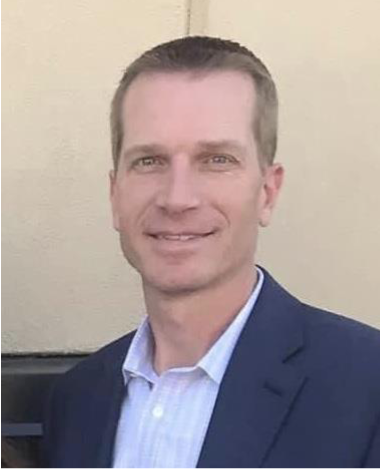Interview with Yogesh Shetty of Avibra, Making A-La-Carte Benefits Affordable
Avibra, based in Iselin, operates what it calls a “first of a kind B2B2C embedded benefits ecosystem that integrates well-being, finance and insurance.” The company is making waves in the insurance industry with its unique approach to affordable benefits.
According to Yogesh Shetty, founder and CEO of Avibra, “We offer three benefits at no cost to the consumers, and they can buy the remaining benefits for $1 a week. That includes dental, vision, telemedicine, teletherapy, self-protection, roadside assistance, medical insurance and critical illness.”
At the time of the interview, in January, Avibra offered 13 benefits, and was planning to add 12 more by the end of this year.
We asked Shetty how the company can make money, since it’s giving away benefits for free. He said that the benefits are basic, and if Avibra gets enough people and partners to participate, the startup will prosper.
“It’s a matter of underwriting. We manufacture this benefit in such a way that it fits into the model of what we call ‘$1 a week.’ Right now, the customer base is in the lower- and middle-income population,” he said. People taking advantage of the site include gig economy workers, part-time workers without benefits or with few benefits and seasonal workers. Avibra sells its platform to companies that will offer these benefits to their workers.
“They need a platform that will allow them to buy benefits that will protect their well-being and that of their loved ones. We give them a small amount of benefits — perhaps $10,000 in accident insurance, $5,000 in life insurance — and a well-being adviser. The well-being adviser helps improve consumers’ financial, physical, career, social and community health. Then, once they take advantage of these benefits, they have an opportunity to buy more benefits and they see a need for it.”
The way members earn the “no-cost insurance” is by interacting with the well-being adviser, who improves the members’ financial literacy through quizzes, educational videos, meditation and spirituality, as well as and health and fitness literacy. Every time members engage in an activity within the app, they earn this insurance.
Shetty acknowledged that the free or for-a-dollar benefits don’t go far, and that most people will choose to expand their benefits. “But at least they’ll have some basic benefits for free. The telemedicine benefits, for example, are zero co-pay with unlimited sessions.”
Shetty, who is the sole founder, along with a team of early employees, began working on the company in 2018, but it took them almost two years to get a platform together and the company off the ground. “We are operating in a very highly regulated space. We needed to find partners who can manufacture benefits aligned to modern day needs. There was a lot of heavy lifting that is required.”
During 2018 and 2019, the team built the foundation for the platform and product, and they began rolling it out. In late 2020, Avibra opened the platform to a limited number of companies for their low-income workers and began distributing the low-cost benefits.
Shetty said, “We worked slowly, exploring how to make this happen, because it’s a very bold vision that’s never been done before. So, there was a lot of legwork that went on behind the scenes.”
Prior to starting the company, Shetty held significant roles at New York Life, Lehman Brothers and JPMorgan Chase. He also spent seven years at a startup, scaling that company exponentially, he said. Shetty noted that his educational background differs from that of many entrepreneurs in that he has no formal education and is totally self-made. He has a strong capital market background, he and learned a lot about the insurance business during his time at New York Life; in fact, that is where the inspiration for the startup came from.
The company’s 22-member team is mostly remote, with Shetty and his CTO based in New Jersey.
Avibra has raised a total of $10.9 million in funding over three rounds, according to Crunchbase, from Brewer Lane Ventures (Boston), Comcast Ventures (San Francisco), PruVen Capital (Palo Alto) and Alpha Edison (Los Angeles).
Asked what’s next on the horizon for Avibra, Shetty told us that he has ambitions to grow the company’s member footprint significantly during the next six months. “And there are some big partners in the pipeline, now.” Since the company doesn’t sell directly to consumers, it is partnering with some large fintech companies, and with other big companies that have part-time workers. Also, restaurant businesses are offering the company’s services to their employees.
The startup expects to start offering prescription discounts, a chiropractors’ network and further innovations on the benefits side. “We want to make people walk in into our store, similar to how one would walk into the dollar store. You should be able to see most of the benefits for $1 per week.”




